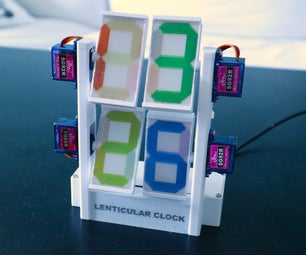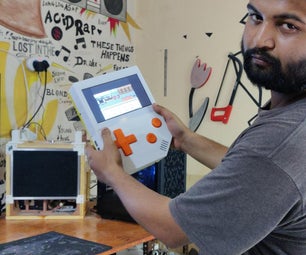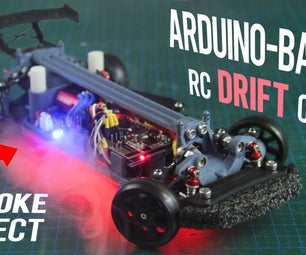Introduction: RaspberryPi 3/4 Extension Board for Add Extra Features to Raspberry Pi
we know that raspberry pi 3/4 is not come with built in ADC(analog to digital converter) and RTC(real time clock)
so i design a PCB that contain 16 channel 12bit ADC, RTC, SIM7600 4G module, push buttons, relays, USB power out , 5V power out, 12V power out
BOM is attached below
Supplies
BOM is attached below
Step 1: Schematics
Schematics is design by section vice, in Schematics there is section for adc, rtc, power supply, relay, push buttons, sim7600 4g module, connector, raspberry pi
Step 2: Schematics 1 for Push Buttons, RTC, and Raspberry Pi Connection
Step 3: Schematics: 2 Is for Relays and Logic Level Converter Connection
Step 4: Schematics: 3 for ADS7953 TSSOP-RU 38(ADC) and Its Required Component
Step 5: Schematics: 5 for ADC Channel Connector for Connecting Sensors
Step 6: Schematics: for 4G Module(sim7600) and Its Required Component Connection
Step 7: Schematics: for Power Supply Connection
Step 8: Board Design in 4 Layer All Layer Show Here
Step 9: First Layer
Step 10: Second Layer
Step 11: Third Layer
Step 12: Bottom Layer
Step 13: After Design Board Is Look Like This
Step 14: After Successful Inspection Manufactured Pcb and After Manufacturing Pcb Is Look Like
Step 15: Final Look
add 7-inch touchscreen LCD for view the sensor data, you will use this PCB as you want because it contain every thing what need for making any project.
know we able to connect any arduino sensor with raspberry pi and its has also connectivity for 4G network show we make IOT project with it easily.
more than 16 sensor connected with this PCB
5 relay is available for controlling for device or module
4 input buttons is available for give input to raspberry pi
RTC is available for correct time
4G connectivity for IOT project where Ethernet cable or WiFi is not available
and other advantages available of raspberry pi so used it.
here i put all thing in plastic container box.

Participated in the
PCB Design Challenge










